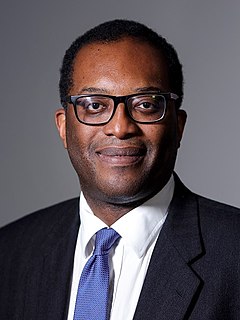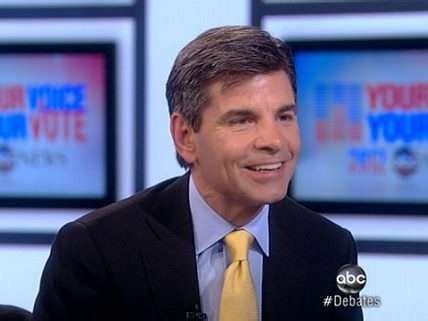A Quote by Mona Charen
Though the two issues may seem utterly unrelated, they do have this in common - both health care and higher education are realms of American life in which government has undermined the operation of market forces and caused artificially high prices. These are two arenas in which the Democrats now propose to do exactly the wrong thing. Their reform reinforces old errors and will infinitely compound the problem of rising prices.
Quote Topics
American
American Life
Arenas
Both
Care
Caused
Common
Compound
Democrats
Education
Errors
Exactly
Forces
Government
Health
Health Care
High
High Price
High Prices
Higher
Higher Education
Infinitely
Issues
Life
Market
Market Forces
May
Now
Old
Operation
Prices
Problem
Propose
Realms
Reform
Rising
Rising Prices
Seem
Thing
Though
Two
Undermined
Unrelated
Utterly
Which
Will
Wrong
Wrong Thing
Related Quotes
There is no such thing as agflation. Rising commodity prices, or increases in any prices, do not cause inflation. Inflation is what causes prices to rise. Of course, in market economies, prices for individual goods and services rise and fall based on changes in supply and demand, but it is only through inflation that prices rise in aggregate.
Medicare is a monopoly: a central-planning bureaucracy grafted onto American health care. It exercises a stranglehold on the health care of all Americans over 65, and on the medical practices of almost all physicians. Medicare decides what is legitimate and what is not: which prices may be charged and which services may be rendered.
High prices can be the result of speculation, and maybe plunging prices can be attributed to the end of speculation, but low prices over time aren't caused by speculation. That's oversupply, mainly by Saudi Arabia flooding the market with low-priced oil to discourage rival oil producers, whether it's Russian oil or American fracking.
The government has brought on the housing problem, partly by these very low interest rates, which encouraged many people to go way out on a limb. They've brought it on by highly restrictive building policies, which have caused housing prices to skyrocket artificially. And they've brought it on by the Community Reinvestment Act, which presumes that politicians are better able to tell investors where to put their money than the investors themselves are. When you put all that together, you get something like what you have.
In a narrow market, when prices are not getting anywhere to speak of but move within a narrow range, there is no sense in trying to anticipate what the next big movement is going to be. The thing to do is to watch the market, read the tape to determine the limits of the get nowhere prices, and make up your mind that you will not take an interest until the prices breaks through the limit in either direction.
The greatest danger to an adequate old-age security plan is rising prices. A rise of 2% a year in prices would cut the purchasing power of pensions about 45% in 30 years. The greatest danger of rising prices is from wages rising faster than output per man-hour.... Whether the nation succeeds in providing adequate security for retired workers depends in large measure upon the wage policies of trade unions.
This morning, prompted by increasing concerns about terrorism, oil prices reached a record high as the cost of a barrel of crude is a whopping $44.34. Wow, it seems shocking that a product of finite supply gets more expensive the more we use it. Now the terror alert means higher oil prices, which oddly enough means higher profits for oil companies giving them more money to give to politicians whose policies may favor the oil companies such as raising the terror alert level. As Simba once told us: "It's the circle of life."
There are two words that, when spoken, have the most unfathomable power to completely change your life. Two words which, when they pass your lips, will be the cause of bringing absolute joy and happiness to you. Two words that will create miracles in your life. Two words that will wipe out negativity. Two words that will bring you abundance in all things. Two words which, when uttered and sincerely felt, will summon all the forces and vibrations in the Universe to move all things for you. The only thing standing between you, happiness, and the life of your dreams is two words THANK YOU!
[The masses] ... must turn their hopes toward a miracle. In the depths of their despair reason cannot be believed, truth must be false, and lies must be truth. "Higher bread prices," "lower bread prices," "unchanged bread prices" have all failed. The only hope lies in a kind of bread price which is none of these, which nobody has ever seen before, and which belies the evidence of one's reason.

































